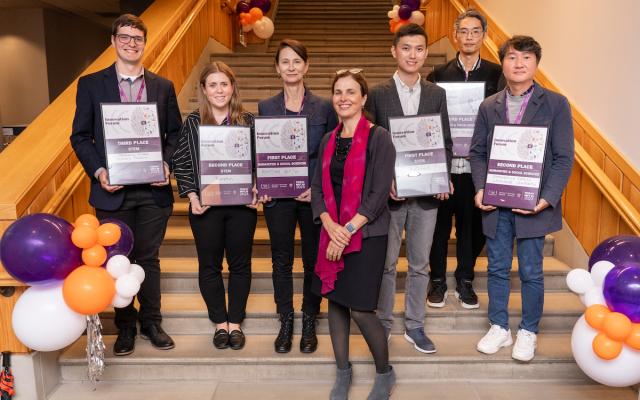The Princeton Korean Language Program has experienced rapid growth in learner enrollments and popularity, necessitating effective pedagogical innovation and curricular redesign to meet the diverse needs of our "digital native" students and accommodate the increasing number of Korean language learners. By exploring Virtual Reality (VR) technology as an innovative approach, we have created an authentic and experiential VR learning environment through the support of the Magic Innovation Grants, dedicated to promoting digital humanities and fostering innovation in education. This innovative pedagogy aims to engage learners in virtual cultural and linguistic immersion, promote active participation, and foster multilingual connections within and beyond the Princeton community. Embracing digital humanities principles, we align Korean language learning with relevant topics in East Asian Studies, including the introduction of UNESCO Cultural Heritage sites in South Korea. The goals of the Korean VR Project are
- to enhance learners' Korean communicative and cultural competence in an authentic language environment,
- to engage students in virtual cultural and linguistic immersion,
- to encourage deep learning and active participation in multilingual communities, and
- to disseminate this innovative language pedagogy to other language programs both within and beyond the Princeton community.
The envisioned VR Lab will ensure all Korean language students have access to captivating and educational VR content, while our commitment to knowledge dissemination will encourage sharing of student-generated materials within the learner community.

